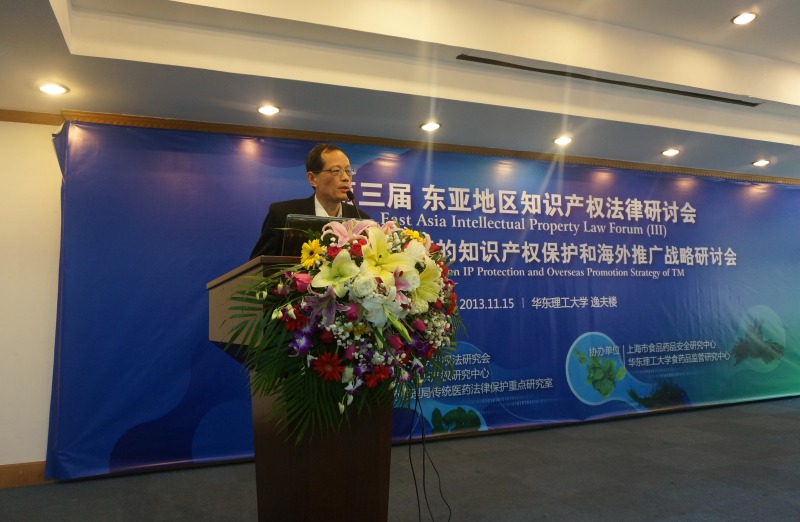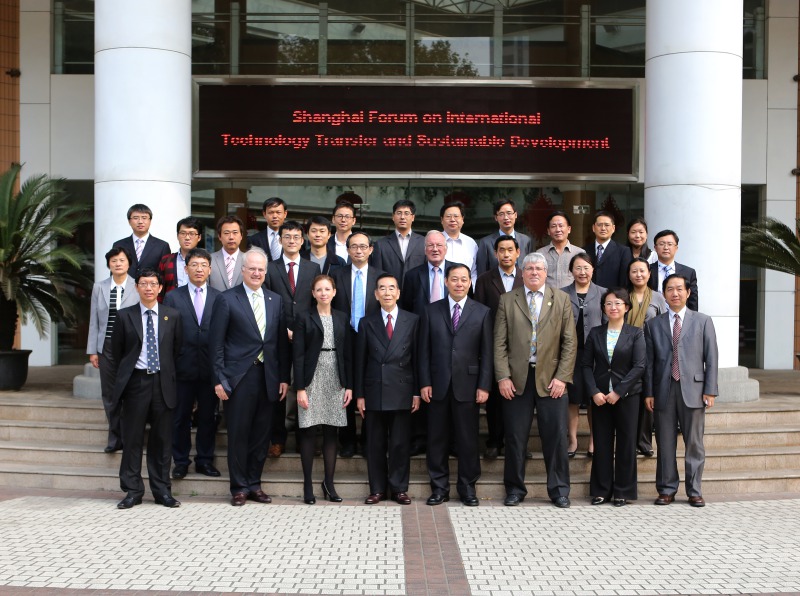Kunqu Opera
Kunqu opera was listed in the first batch of "representative works of oral and intangible heritage of mankind" by UNESCO in 2001, which can be regarded as the first intangible cultural heritage in China.
Kunqu Opera, also known as Kunqiang opera, Kunshan opera and Kun Opera, is a new kind of vocal drama developed from southern opera in the late Yuan Dynasty to the early Ming Dynasty and combined with local music, dance and language. In the early Ming Dynasty, "Kunshan tune" was formed in Kunshan area. During the Jiajing period, after the innovation of Wei Liangfu and others, Kunshan opera absorbed the advantages of Beiqu, Haiyan tune and Yiyang tune, and formed a euphemistic, delicate and long-lasting "Shuimo Diao" style, and Kunqu opera was basically formed. Liang Chenyu brought the legend "Huansha Ji" onto the stage in the form of Kunqu Opera, making Kunqu Opera, which was originally mainly used for solo singing, officially entered the field of drama performance and further expanded its influence. During the Wanli period, Kunqu Opera gradually spread throughout the country from Jiangsu and Zhejiang. Kunqu Opera flourished from the beginning of Tianqi in Ming Dynasty to the last year of Kangxi in Qing Dynasty.
In the middle of Ming Dynasty, Wei Liangfu, who had lived in the south of the Yangtze River for a long time, summed up the advantages of Nanqu and Beiqu, and created a singing system of "Shuimo tune". Later, Liang Chenyu, a Kunshan man, wrote "Huansha Ji", the first drama of Kunqu Opera, and put it on the stage. At this time, Kunqu Opera gradually evolved from refined scholars singing to stage drama (Kunju Opera), and then there were Tang Xianzu's famous "four dreams in Linchuan" -- zichai Ji, Handan Ji, Nanke Ji and Peony Pavilion.
By the middle of Qing Dynasty, Kunqu opera had a great influence on many kinds of operas in China and promoted the continuous improvement and innovation of traditional Chinese opera. With the passage of time, Kunju Opera, which is constantly developing, integrates songs, dances, dramas and techniques into one furnace, which fully embodies the strong vitality of China's classical opera.
Nowadays, Kunqu Opera workers are actively adapting to the fast-paced network communication, "Shuimo tune" is no longer caviar to the general, but more and more bosom friends. The creation and arrangement of Peony Pavilion has witnessed the prosperity and innovation of Kunqu Opera in recent years.
Time: July 23, 2020
Source: Xinhua net
next:Su fan: a gift of time


